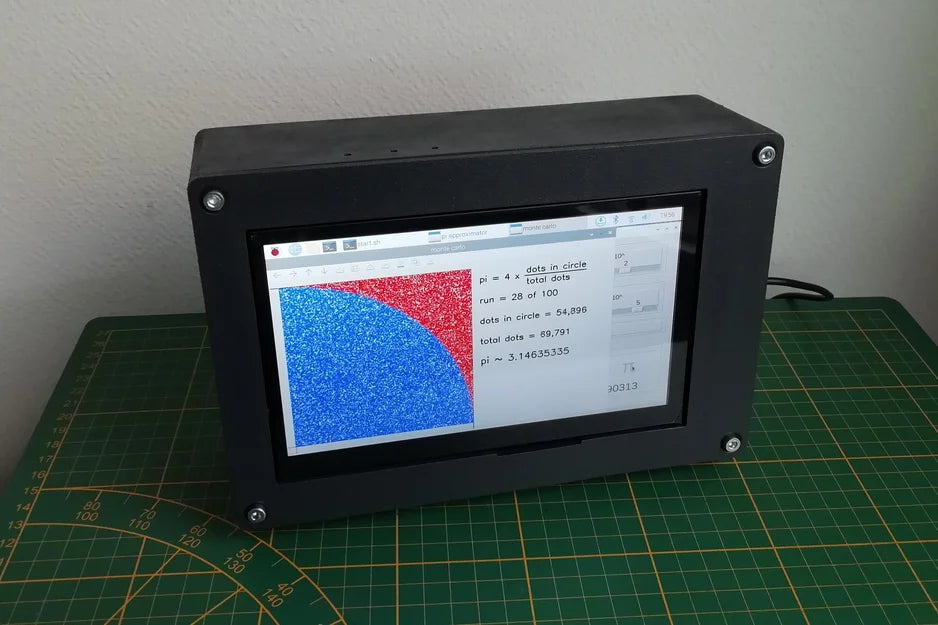
Approximate the Value of Pi with Raspberry Pi
Have you ever wondered how mathematicians calculate the value of Pi? In this blog post, we will delve into the fascinating world of Pi approximation using the Raspberry Pi and the Monte Carlo method.
What is the Monte Carlo method?
The Monte Carlo method is a statistical technique used to approximate complex mathematical problems through random sampling. By generating random numbers and analyzing the results, this method can provide accurate estimations for various mathematical constants, including Pi.
How does the Raspberry Pi come into play?
The Raspberry Pi, a versatile single-board computer, is the perfect tool for running simulations and calculations. By programming the Raspberry Pi to execute the Monte Carlo method, you can obtain a close approximation of Pi with just a few lines of code.
Why is Pi approximation important?
Pi is a fundamental constant in mathematics, representing the ratio of a circle's circumference to its diameter. Accurately calculating Pi is crucial for various scientific and engineering applications, from designing spacecraft to analyzing climate data.
How can you get started with Pi approximation using Raspberry Pi?
Check out this detailed guide on Instructables that walks you through the process of setting up your Raspberry Pi, writing the necessary code, and running the Monte Carlo simulation to approximate Pi. With step-by-step instructions and code snippets, you'll be on your way to exploring the wonders of Pi approximation in no time.
Remember, the beauty of mathematics lies in its ability to uncover the hidden patterns and relationships that govern our world. By experimenting with Pi approximation using the Raspberry Pi and the Monte Carlo method, you can gain a deeper appreciation for the elegance and precision of mathematical concepts.

Leave a comment